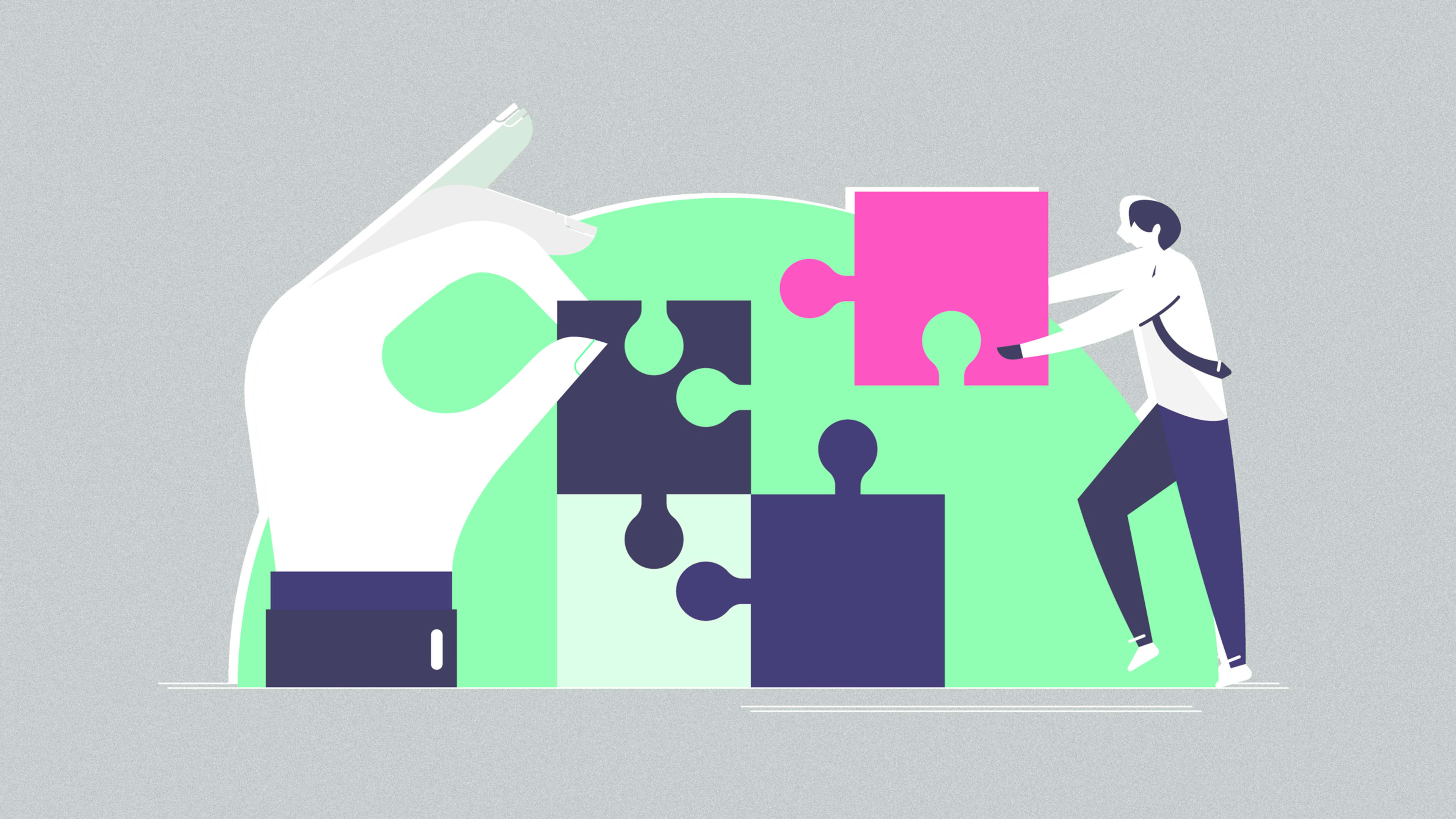Artificial intelligence is transforming the workplace. Headlines warn about the dire need to reskill and upskill employees and for teams to stay afloat in an increasingly competitive market. But technical skills are only half of the equation. Soft skills are equally important for empowering employees to grow and advance, yet all too often are left out of the conversation.
As CEO of Jotform, I dedicate a lot of time to hiring great people. Along with communicating our vision, hiring is one of my top priorities. But it wouldn’t be time well spent if I didn’t also prioritize keeping employees satisfied, including ensuring that they’re developing the soft skills they need to thrive.
Employee retention is more challenging than ever. Having happy and engaged employees should be at the forefront of every business owner’s mind. Here’s a closer look at the strategies that have worked for me and my team.
Hard skills versus soft skills
For a recent study, Adobe surveyed 1,000 Gen Z employees about their career motivations and workplace expectations. When asked what kind of training they’d like, 33% said they wanted more training on soft skills.
Soft skills include the interpersonal abilities that help us work well with others. That means having emotional intelligence and the ability to adapt—in other words, reading the room. For example, if you’re giving a presentation to executives versus designers, you would probably tweak your approach given your audience’s objectives and how they best process information. If you’re meeting with an introverted client, maybe you’d put in effort to talk less and listen extra carefully.
But soft skills don’t develop in a vacuum. The onus is on leaders to ensure that employees have the space and resources to build them. Some companies provide training for employers to develop soft skills. With my company, I devote my energy to building an environment that organically fosters soft-skills development. Here’s how.
Strategies for fostering soft skills
When I meet with prospective employees, the first thing I check for is whether they have the requisite technical skills. But I also look for soft skills.
I’m interested in working with people who value relationships with colleagues. As Harvard Business Review notes, to achieve long-term goals, you need superiors to advocate for you, peers to validate your ideas, and junior employees to help you execute those ideas. Feedback—soliciting it and giving it—helps forge strong professional relationships.
To cultivate an atmosphere in which relationships are paramount, I model the behavior I want to see. I never implement a new idea without asking for feedback, and I have an open-door policy—employees can always come to me, or their manager, to talk through their ideas. We also have a standing weekly demo day and all-hands meeting where our cross-functional teams share their latest innovations in a safe space and the entire company is encouraged to weigh in.
I once worked for a company where it felt like everyone worked in separate silos. Not privy to anyone else’s successes or challenges, company developments came seemingly out of the dark. When I started my own company nearly 18 years ago, I knew that I wanted to lead with transparency. Sharing our challenges, including occasional failures, enables us to build trust. It also helps us to identify what went wrong and how to course-correct in the future. So I make a point to share my pain points and reframe them as teachable moments.
Empathy is an essential soft skill for working well with others. Julia Boorstin emphasizes that empathy doesn’t mean that managers are overly sympathetic or soft. It means having the capacity to step inside other people’s shoes and understand what they need to succeed. For me, empathy is seeing employees as 360-degree humans, rather than just workers. It’s asking them about their interests outside of work and truly caring about their well-being; giving them flexibility when they need it, to nurture their lives outside of work; and recognizing their skills and talents at the office. When leaders genuinely care about their employees’ well-being, the energy shift is palpable. People are engaged in the organization’s mission and energized by the work they do.
I’ll conclude with a soft skill that’s a requisite for long-term success—resilience. To build resilience, it’s important to practice empathy with yourself. If things go wrong, as they inevitably will sometimes, try to quiet your inner critic and focus on constructive steps forward. Give yourself a break by setting boundaries and carving out time to truly rest.
I firmly believe that leaders who are kind to themselves infuse their organizations with the supportive energy necessary to develop soft skills. It builds an environment where people want to grow and succeed. And that’s an investment that will pay off in spades.
Recognize your brand’s excellence by applying to this year’s Brands That Matter Awards before the final deadline, June 7.
Sign up for Brands That Matter notifications here.
